Yun Sun
Director of the China Program and Co-director of the East Asia Program, Stimson Center
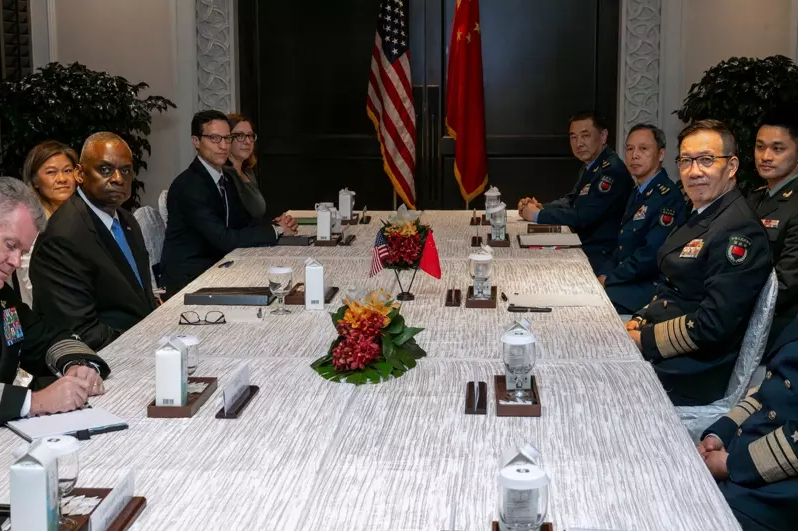
Jun 14, 2024
While the media has entirely focused on how the Shangri-La Dialogue in early June was another round of tug of war between U.S. and China, people don’t appreciate enough the significance of the 75-minute side meeting between Chinese Defense Minister Dong Jun and U.S. Secretary of Defense Lloyd Austin. The U.S. and China came halfway across the world to discuss their military-military relations, offering a glimmer of hope for the future.
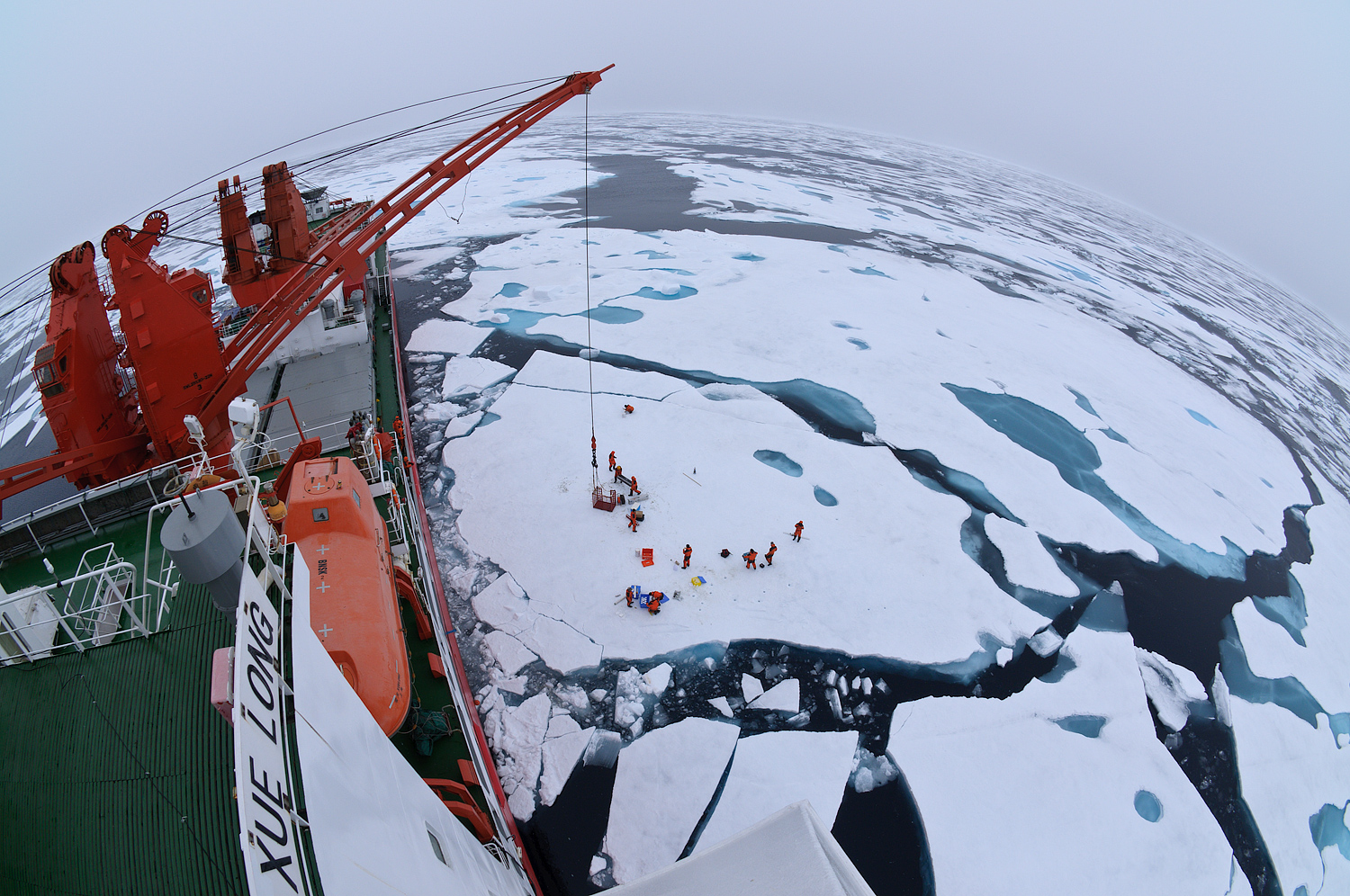
Feb 27, 2018
The release of China’s Arctic White Paper in late January brought broad attention to China’s somewhat nascent but rapidly expanding role and interests in the Arctic region. Even though most of the information in the White Paper is not new, initiatives such as the Polar Silk Road could indicate a coming surge in China’s political and economic endeavors in the Arctic.
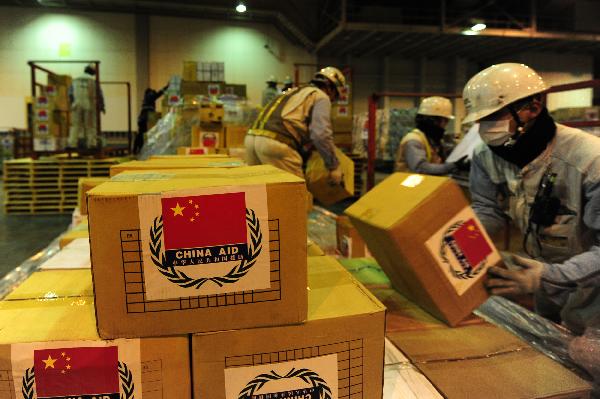
Oct 25, 2017
Many people find China’s secrecy regarding foreign aid perplexing. To understand Chinese foreign aid policy requires understanding of the complex goals China tries to achieve with aid and of the complex intended, or unintended, effects after aid is distributed. Foreign aid has always been a thorny issue between the Chinese general public and the government, because of the clash between China’s identity as a developing country and its desire for international recognition.
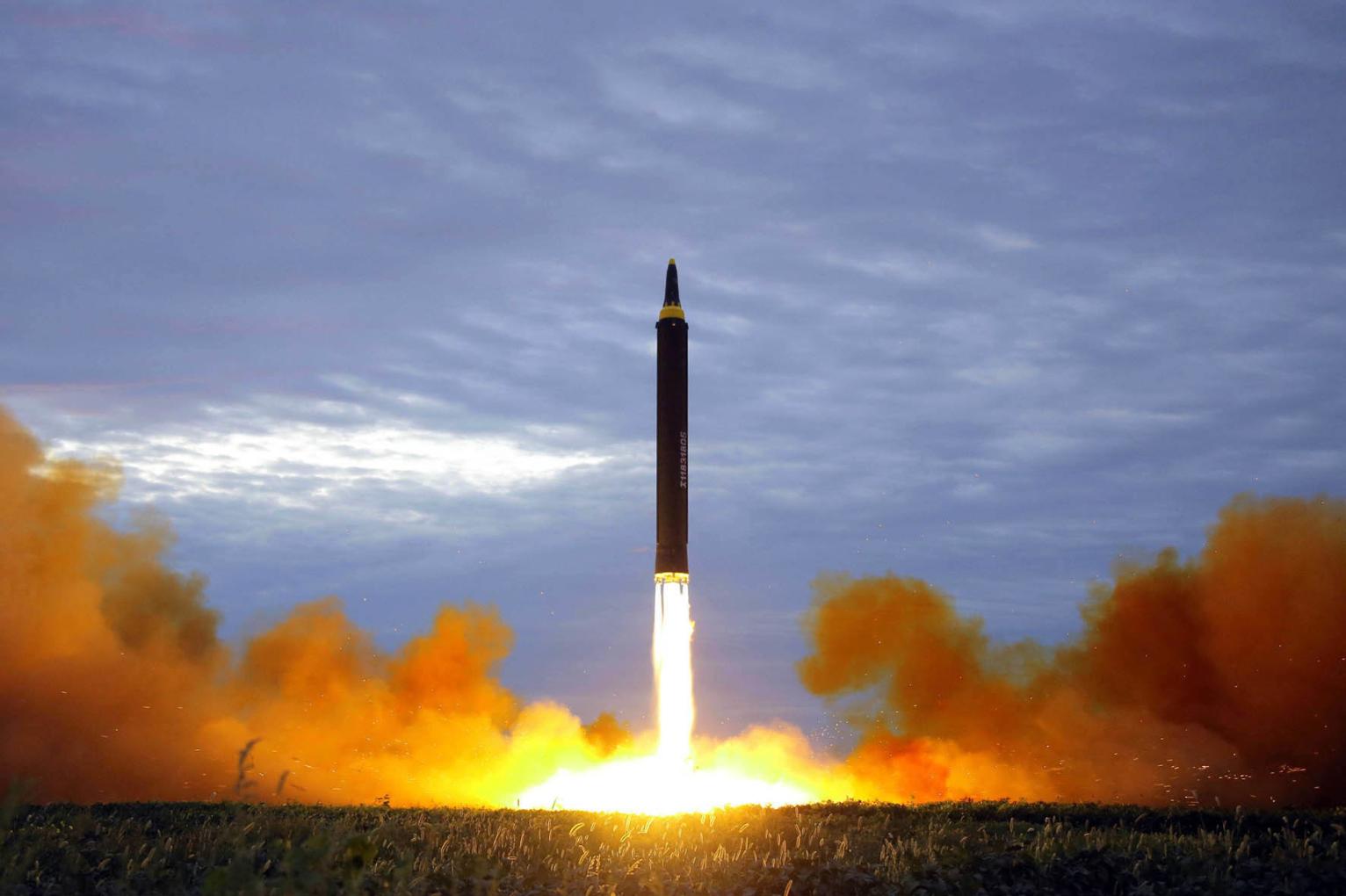
Sep 21, 2017
China is stuck between a rock and a hard place on North Korea, but any change in the country’s policy towards North Korea would require a fundamental change in China’s cost-benefit analysis of the current situation. More provocations by North Korea won’t change China’s policy, unless they are bound to lead to a war. Without understanding this crucial point, the world will continue to be disappointed by the insufficiency of the Chinese response.
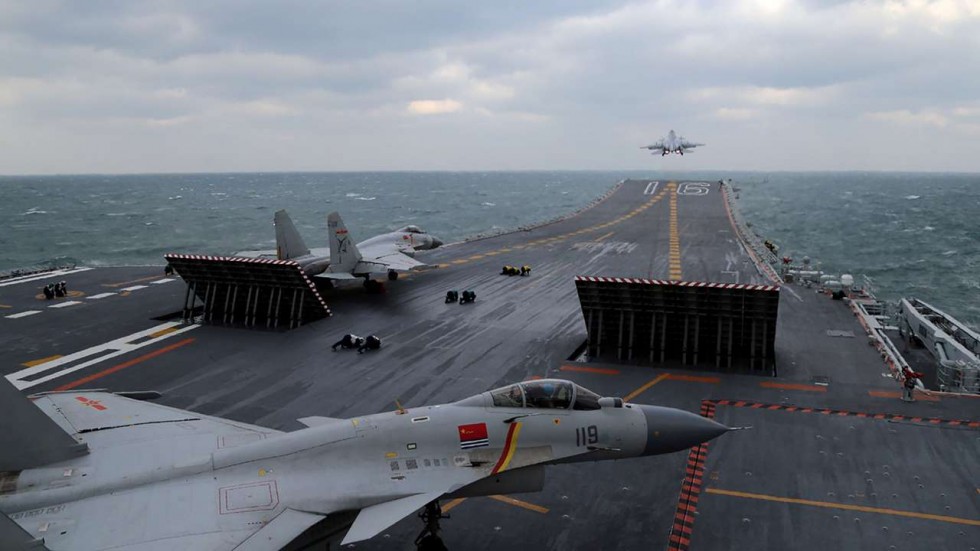
May 23, 2017
Two major security concerns, a rising China and a nuclear North Korea, have prompted the Pentagon to endorse a plan to invest $7.5 billion to strengthen the U.S. presence in the Asia-Pacific region over the next five years. However, it remains to be seen how this fits with Trump administration’s broader policy and military posture for the Asia Pacific.
Mar 07, 2017
Different from the earlier narrative that China was free-riding from U.S. war efforts in Afghanistan, more recent developments have focused on China’s expanding political involvement, deepening security ties, and economic investments in Afghanistan. However, the description of China as the largest, and potentially, the most influential player in Afghanistan is misleading.
Nov 09, 2016
Forty percent of China’s total ten vetoes ever casted at the UN Security Council have been on Syria, making it the most-vetoed issue of all time for China. The four vetoes and most recent abstention from the French-drafted resolution underscore China’s increasingly assertive stance on state sovereignty, territorial integrity and its repulsion to foreign interference.
